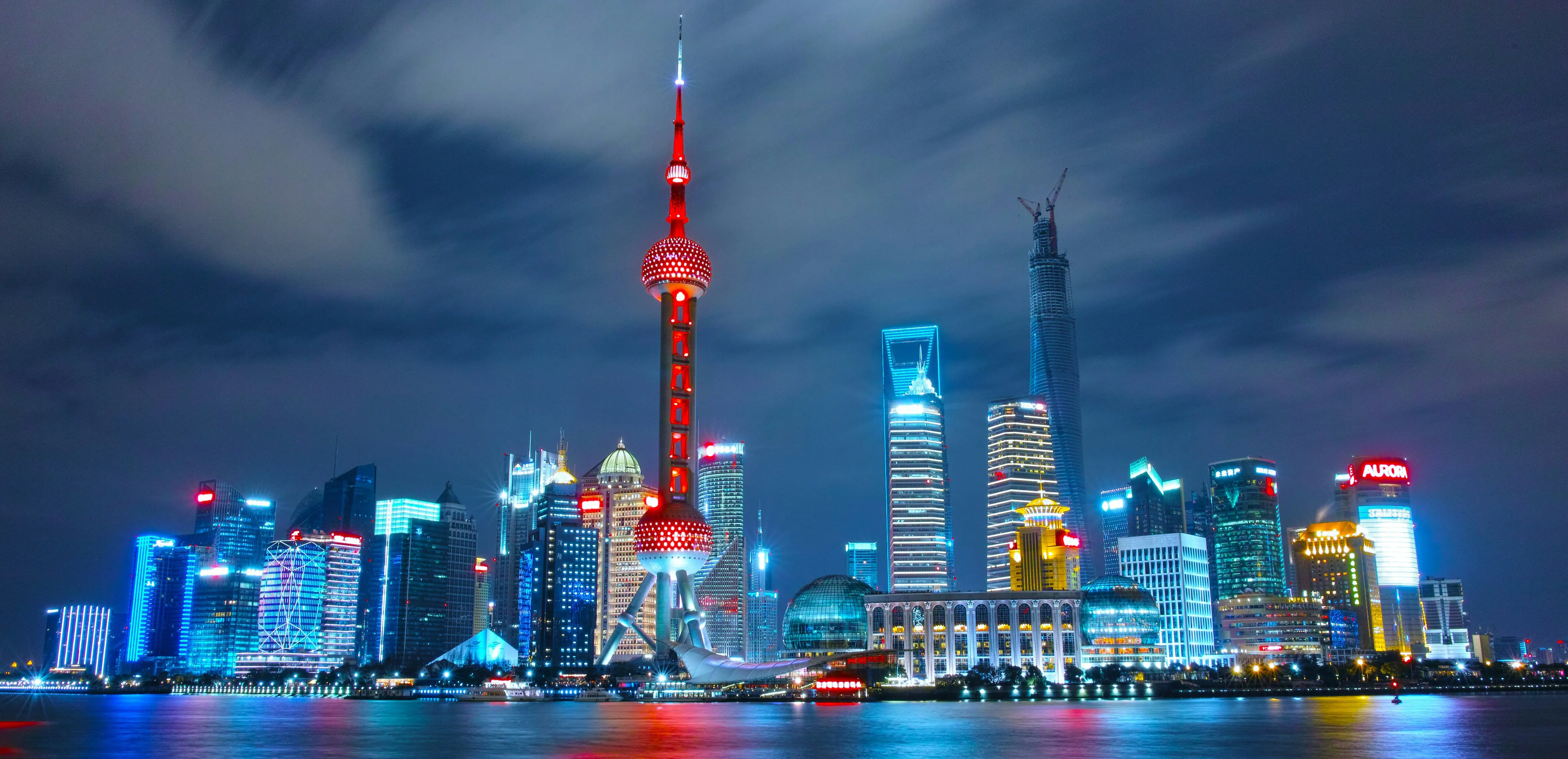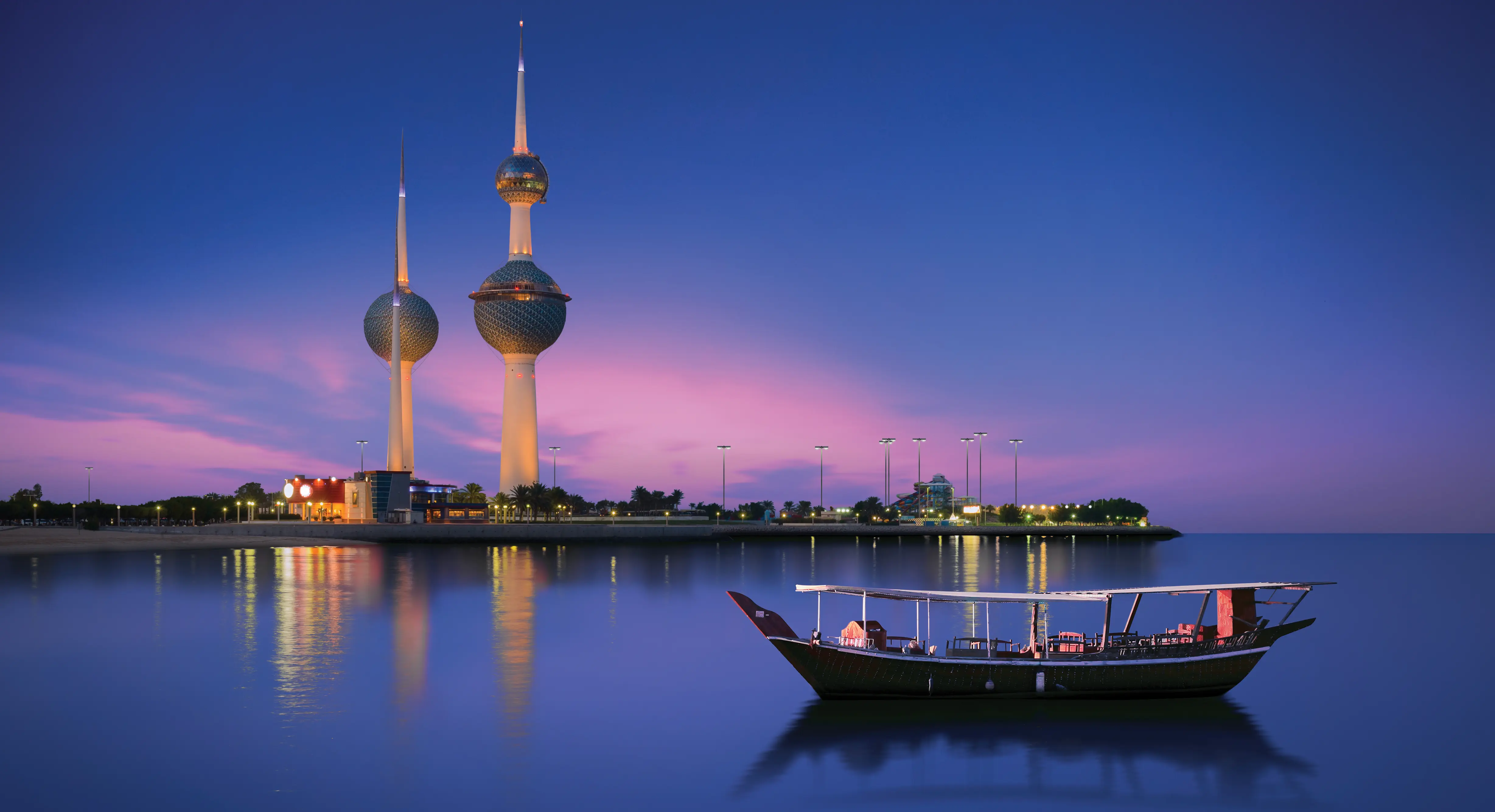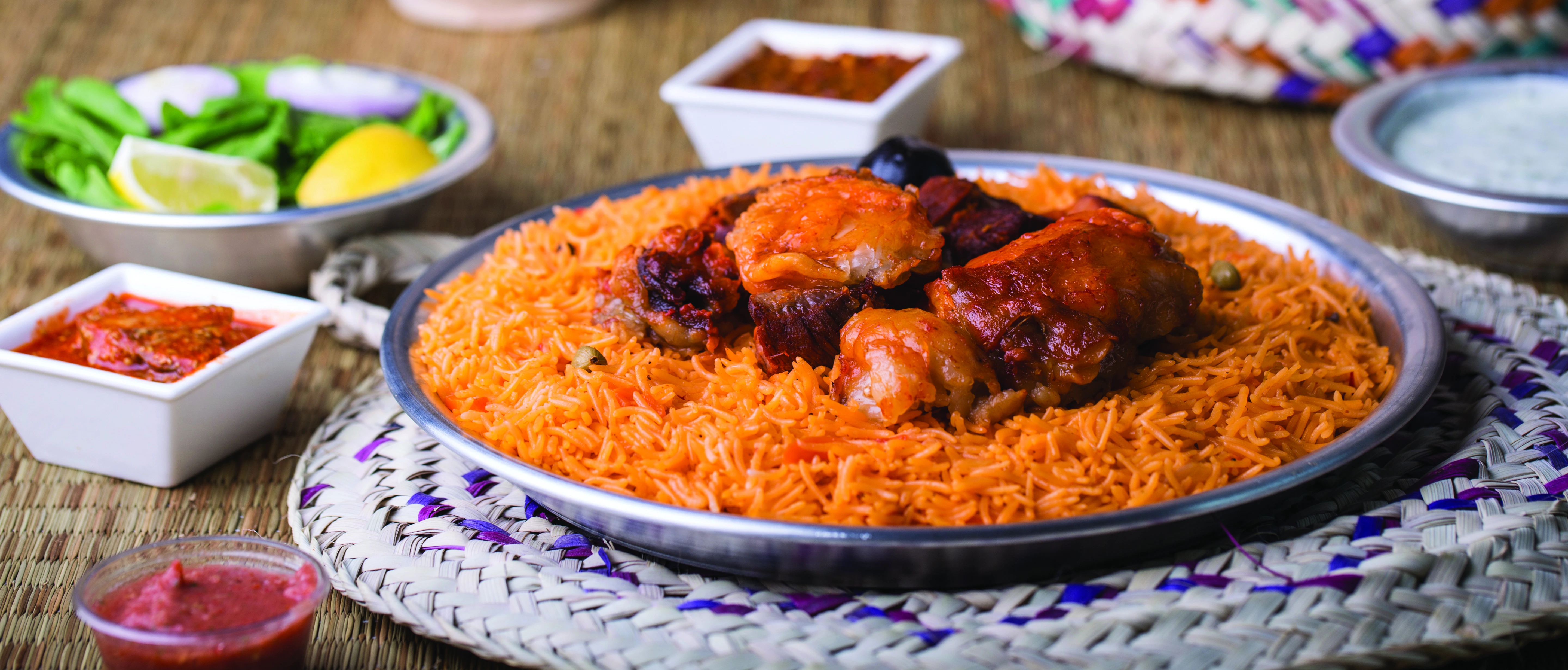A few of us might see it as the capital of a country with a currency that holds significant exchange value. However, Kuwait City, hosting around 123,559 Nepalese, is more than just an economic hub; it’s a vibrant metropolis, historically known as a “fortress built near water.”
Kuwait City and the nation's territory were established when various Middle Eastern tribes settled near what is now known as Kuwait Bay. From its humble beginnings as a fishing village, the city transformed into a significant oil exporter in the mid-20th century, reshaping its identity and emerging as a tourist destination.

The locals describe Kuwait City as a dynamic metropolis with a mixture of past and present-evolving history, culture, and modernity. As the bustling capital of Kuwait, this city offers a captivating blend of ancient traditions and cutting-edge innovation, making it a must-visit destination for travellers from all walks of life. It is known for its impressive skyline, historic landmarks, and thriving cultural scene. From its bustling markets to its contemporary architecture, Kuwait City offers rich experiences that reflect its dynamic and evolving identity.
Kuwait Towers, completed in 1979, represents Kuwait's post-oil boom renaissance and more importantly stands as a beacon of modern Kuwait. As a visitor, you should not miss taking an elevator to the observation deck for sweeping views of the cityscape along the serene Arabian Gulf. For a truly memorable experience, dine at the revolving restaurant where the towers slowly rotate, offering panoramic views that are as delightful as the cuisine.
Likewise, no visit to Kuwait City is complete without exploring the Grand Mosque, the largest mosque in Kuwait, built in 1986. Its impressive size and detailed Islamic design show the nation’s strong religious roots and artistic skills. You will be amazed as you discover the mosque's large prayer halls and beautifully crafted interiors. One can even join a guided tour to uncover the mosque’s historical and spiritual significance and be inspired by its cultural heritage.
To explore a traditional Kuwaiti marketplace, visit the bustling Souq Al-Mubarakiya. Established in the early 20th century, this historic market is perfect for finding gifts like perfumes, fabrics, gold ornaments, spices, and colorful scarves. Food enthusiasts will love the lively atmosphere and local delicacies such as Samak (fish dishes) and Qouzi (roasted lamb). Enjoy a sensory feast and a glimpse into daily Kuwaiti life at this vibrant market. For more shopping options, Avenue Mall and Marina Mall are excellent choices.
If you're seeking a green and open space, Al Shaheed Park in Kuwait City is a must-visit. As the largest urban park in Kuwait, it spans 200,000 square meters and boasts stunning botanical gardens, two museums, a visitor center, a serene lake, and extensive walkways and jogging tracks. It's an ideal destination for relaxation and cultural exploration. Similarly, Marina Beach is a popular public beach known for its clean, serene environment and stunning skyline views. It's perfect for relaxation and offers activities like bike hire, a skate park, and a playground for kids. It is nearby Marina Mall and various restaurants, an ideal spot for a day out.

Additionally, Kuwait City's culinary scene boasts rich flavours that reflect its diverse culture. Popular traditional Kuwaiti dishes include Machboos, a fragrant rice dish with tender meat or fish, and Hares, a comforting grain-based dish. Another local favourite is Murabyan, a stuffed flatbread. Don’t miss Tabbouleh, a Levantine vegetarian salad; Shawarma, a Middle Eastern wrap; and Quzi, a flavorful lamb dish served with rice, nuts, and raisins. Kuwaiti Jireesh, a traditional porridge made from spelt wheat and cooked with meat, onions, and tomatoes, is also a popular choice.
For those with specific dietary preferences, Kuwait offers a variety of international restaurants, ranging from Mediterranean to Asian cuisine.
Kuwait City's cultural landscape is as vibrant as its culinary scene. The city hosts festivals and cultural events throughout the year, celebrating everything from Kuwaiti heritage to global cultures. Visitors can explore local art at the Kuwait National Museum or enjoy the lively Kuwait International Fair, showcasing the nation’s innovative spirit.

Arabic is the official language of Kuwait, with Modern Standard Arabic used in formal contexts and Kuwaiti Arabic for everyday conversations. If you're concerned about language barriers, rest assured that English is widely spoken and understood, especially in tourist areas and business settings, ensuring smooth communication throughout your visit.
In Kuwait City, you can use public transportation like CityBus, though it may not be frequent. Taxis are widely available, and ride-hailing services like Uber and Careem are convenient options. Renting a car is popular for those who want more flexibility and ease in getting around.
Most tourists, including Nepali citizens, require a visa to visit Kuwait. The Tourist Visa, valid for up to 90 days, is the most common option for short stays. Applicants need a valid passport, a completed visa application form, passport-sized photos, proof of sufficient funds, a confirmed return ticket, and accommodation details along with academic certificates.
For a convenient journey to Kuwait, Himalaya Airlines has resumed its flights from August 20. Travelers can book their flights with Himalaya Airlines for a smooth and comfortable travel experience.





















